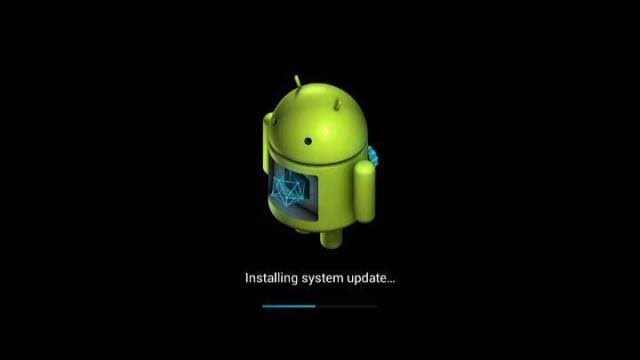Google and Qualcomm are now teaming up to simplify Android updates by improving Project Treble. Qualcomm has announced that all the Snapdragon chipsets, starting from Snapdragon 888 will support 4 years of Android OS updates and Security updates.
What is Project Treble?
Project Treble, at its core, is all about making software updates faster, easier, and cheaper for phone makers to process and get them out to users.
Earlier, phone makers had to wait for Qualcomm or any other Chipset maker which provided the internal pieces of the devices, to update all the coding material relating to the hardware of the device. After that, the manufacturers would integrate the new features and improvements (basically the whole software updated) into their software and then roll it out to the public.
With Project Treble, the first part of the process where vendors had to wait for chipset maker’s updates, was removed, thereby making the updates faster by reducing the effort needed to bring the newest Android release to older chips.
What’s the catch?
As Google and Qualcomm team up once again for improving Project Treble, the newer chips by Qualcomm will support 4 years of major OS upgrades along with 4 years of security updates but there’s a catch.
The 4 years of major OS upgrades will include the Android OS that ships with your device, which means in reality you only get 3 major OS upgrades, similar to what Google already does and what Samsung announced in the recent past for their flagship devices.
For Example, the Pixel 2 XL launched back in 2017 and debuted with Android 8.0. The device got its last major OS upgrade as Android 11 which means three total upgrades that included Android 9, 10 and 11. If this device was under the new scheme of 4 years of updates, it would have got an additional year of security updates, and not Android 12, which would have been a 5th major OS upgrade considering the new scheme includes the software already provided with your devices and that is not going to be the case.
No other OEM apart from Google and Samsung (that already had it before it was announced by Qualcomm and Google) have announced regarding the adoption of the new scheme but hopefully this will encourage more OEMs to provide an additional year of OS upgrade and increase the number from 2 years to 3 years of major OS upgrades (as it includes the software shipped with the device which is to be considered the 4th upgrade).


